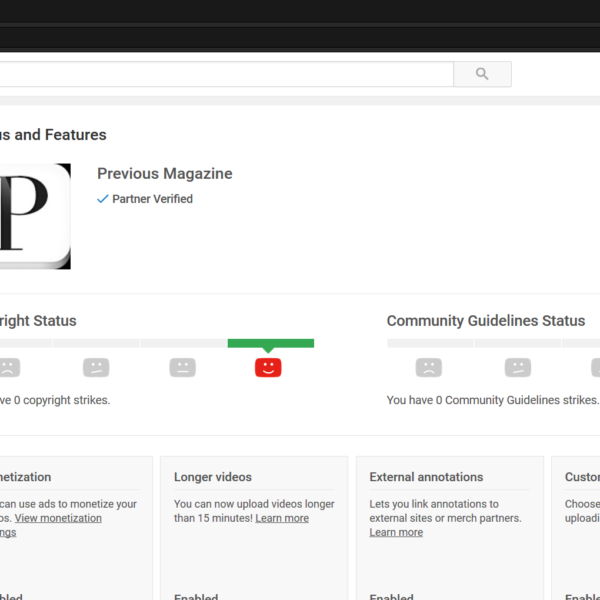Data analysis can take healthcare to a whole new, higher level, ranging from the digitization of medical records through the production of drugs and the research and diagnosis of diseases. And this is just the beginning! Data science and healthcare are two dynamically developing fields that become more and more interconnected. Therefore, they must grow together because it is data analysis that will have the most significant impact on medical sciences development in the coming years. In this article, we will present some of the interesting use cases of data science in healthcare and the related sectors. If you work in the healthcare industry, you will surely find this article insightful!
The fields of application of data science in the healthcare sector are very diverse. Analyzing patient data is, of course, the basis of any market research and marketing in the medical industry. In turn, manufacturing companies producing science instruments for the medical sector, intelligent algorithms are used to automate and optimize various production processes. Data analysis is also used to detect potential failures in medical equipment. There are many opportunities related to using data science in healthcare, but we will focus on three that directly affect the patient for this article’s purposes.
Data science in medical diagnostics
Humanity is constantly looking for ways to detect disease symptoms at a very early stage. Research shows that the amount of data each human body generates is about 2 terabytes a day. Handling such a large amount of data is impossible without the use of advanced technologies, especially big data analytics and data science. Data Science aims to help healthcare professionals deal with the avalanche of unstructured data growing day by day. Learn and upskill yourself by enrolling in a recognized Data Science Certification course. Experts from the Data Science domain designed this course with proper care for maximum industry exposure.
Moreover, it is a great challenge in the world’s most populous countries to ensure rapid diagnosis for a significant number of people, especially when dealing with insufficient staffing and resources. Any system savings, such as taking over some diagnostics by automated systems and artificial intelligence, is of great importance here, as it contributes to the fact that more people receive appropriate treatment.
The drug development process
The drug development process is very complicated and requires many advanced tests, huge investments, and time. Official application of a drug may take up to several years. Data science and machine learning effectively shorten and simplify this tedious process. Algorithms can predict how a compound will behave in a human body using advanced mathematical modeling and simulations. Thanks to this, it allows pharmaceutical companies to eliminate some laboratory experiments in advance. Similar techniques are used to predict the side effects of certain specific chemical combinations.
Patient support and service
Data science combined with artificial intelligence can provide essential support to healthcare, for example, through various mobile applications and chatbots. With such intelligent assistants, the patient can describe their symptoms, send a question, and then receive information about their health almost immediately. Such an answer is based on a vast network of symptoms and causes. Algorithms that use natural language processing and generation to deliver correct disease details, create a complex map of the patient’s condition, and provide a personalized service.
The applications, in turn, can remind patients to take their medication on time and even make it possible to make an appointment with a doctor, if necessary. Such solutions save patients’ time waiting in line for an appointment and encourage healthcare while allowing doctors to focus on more critical cases.
Data science is changing the healthcare industry
The three possibilities that we mentioned above have a significant impact on the modern healthcare sector. However, you have to be aware that the impact of data science on healthcare presented in this article is just a drop in the ocean of all the potential benefits that data analysis can bring to the medical sector.
There are more and more opportunities to integrate data science and healthcare every day as the volume of data is growing rapidly and technologies related to it are constantly improving. There is no doubt that data science has the necessary potential to revolutionize modern medicine, and the future looks bright and promising!
For more information, visit https://addepto.com/
Image Credits: Lucas Vasques




Like this article? Share with your friends!